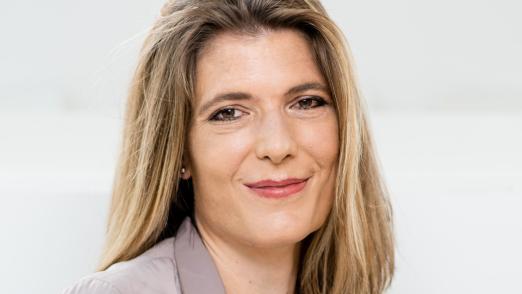News
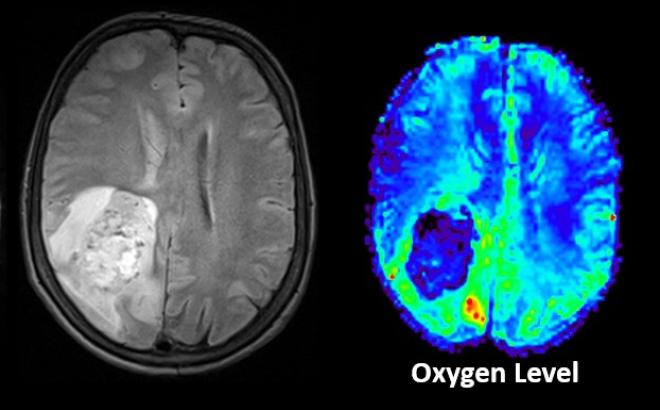
Machine learning (ML) methods can quickly and accurately diagnose mutations in gliomas – primary brain tumours.
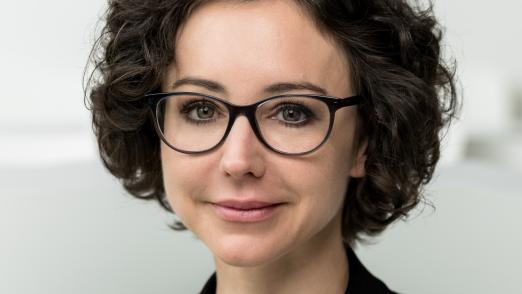

Together with partner universities from Germany and Finland, experts from Karl Landsteiner University of Health Sciences explored what motivates older adults to acquire digital skills. The results of the studies are now published in a practical guide for adult educators and other target groups.

The prevalence of dysphagia, which is a swallowing disorder, increases with age and with certain diseases such as stroke. In fact, caregivers in Austria's hospitals are often confronted with the question of how to safely administer prescribed medication in cases of dysphagia. Speech therapist PhDr. Michaela Trapl-Grundschober, MSc investigates whether common methods for facilitating swallowing in patients after stroke are safe and if they are necessary to the same extent as they are applied. The Survey takes place at the University Hospital Tulln, a teaching and research site of Karl Landsteiner University.
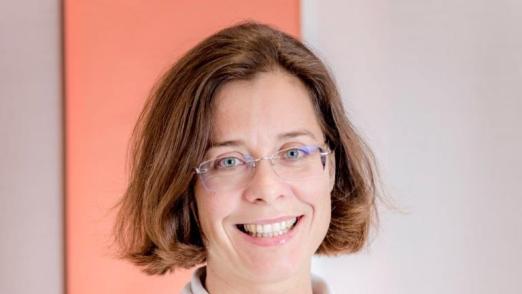

The Division Water Quality & Health at KL is Co-organizer of the 44th IAD Conference.
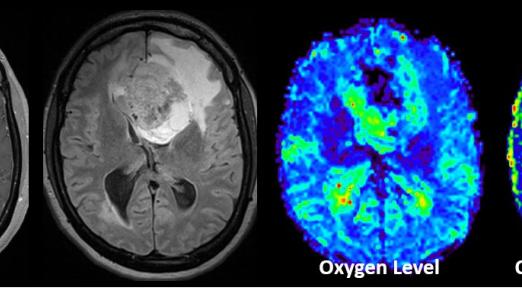
The distinction between primary tumors and metastases can be made quickly and accurately in brain tumors using radiomics and deep learning algorithms. This is the key message of a study from Karl Landsteiner University of Health Sciences (KL Krems) now published in Metabolites. It shows that magnetic resonance-based radiological data of tumor O2 metabolism provide an excellent basis for discrimination using neural networks. This combination of so-called "oxygen metabolic radiomics" with analyses by special artificial intelligence was clearly superior to evaluations by human experts in all essential criteria. This is all the more impressive because essential oxygen values did not differ significantly between tumor types – and neuronal networks were nevertheless able to make clear distinctions on the basis of these values.
Prof Mag Dr Hanna Mayer and Ana Valente dos Santos Cartaxo, MSc, both from the Division of Nursing Science with a focus on Person-Centred Care Research, together with Prof Dr Inge Eberl from the Catholic University of Eichstätt-Ingolstadt, provide a data basis on the current situation of nursing care in Austria in the MISSCARE Austria study. On this basis, interventions for successful care provision in the future can be better planned.
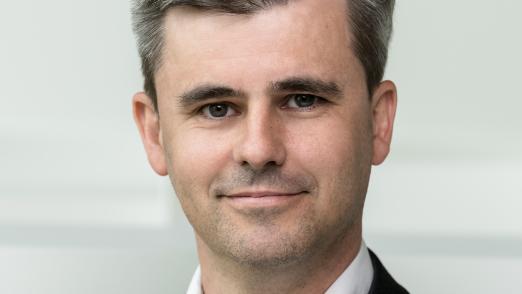
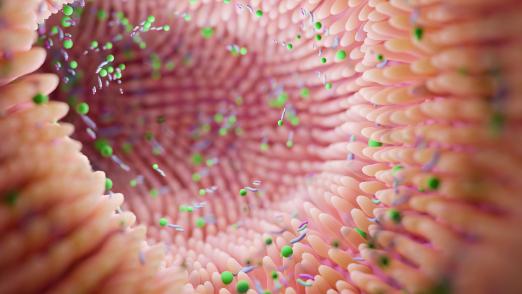
A research group led by Thomas Eiwegger, MD, Head of the Clinical Department of Pediatrics and Adolescent Medicine at the University Hospital in St. Pölten and Assoc Prof of Karl Landsteiner University and the University of Toronto, is providing new insights into acute food allergies. The researchers published in the "European Journal of Allergy and Clinical Immunology" a new model based on human intestinal tissue samples.
Food allergies affect up to 10% of children in certain areas and are on the rise. Allergen exposure in food-allergic children can result in life-threatening reactions. Given the lack of treatment and markers of food allergy, new models to study mechanisms and new treatment options for food allergy are required.
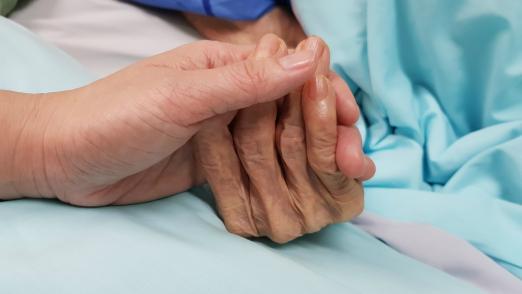
Choosing the appropriate timing for specialized palliative care can have a positive impact on life expectancy for patients with small cell lung cancer. This is the result of a recently internationally published study by the Karl Landsteiner University of Health Sciences (KL Krems, Austria). There, the relevant data of 152 patients were evaluated at the Krems University Hospital. The result shows a differentiated picture: the life expectancy of those affected depends both on the reason for referral for special palliative care and on its starting time relative to the course of the disease.

A mobile augmented reality game fosters sense of belonging in adolescents. The D.O.T. (Die Offene Tür - The Open Door) research team of the Karl Landsteiner University of Health Sciences and the Ludwig Boltzmann Society designed the educational game.
